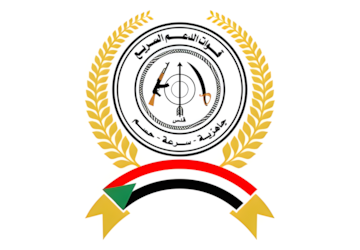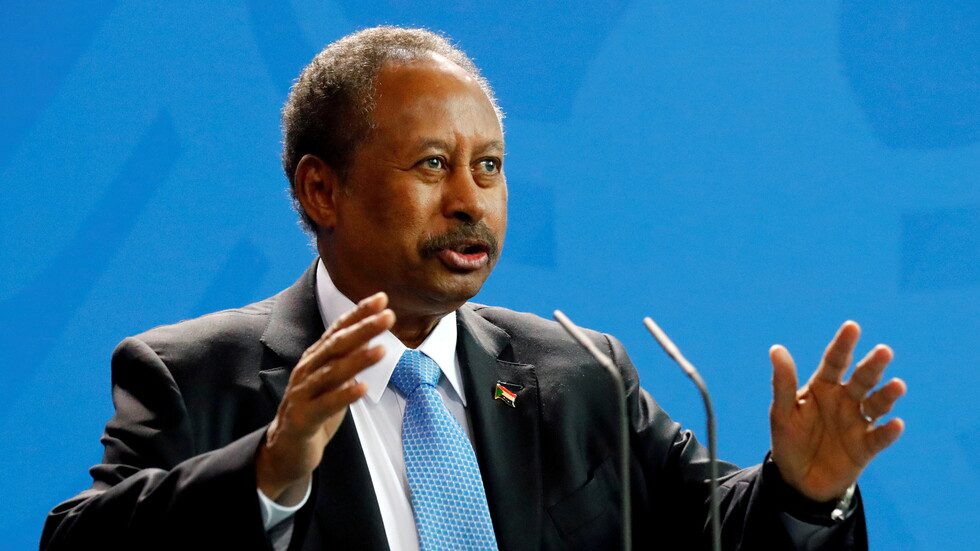
Sudan’s economy has entered what experts call a “post-currency” phase, where the local pound no longer serves as a functioning medium of exchange.
A recent report by the Center for Monetary Studies at the University of Zurich described Sudan as one of the world’s few nations to reach this state.
The study found that the Sudanese pound has transformed from an economic tool into a mere political symbol amid the ongoing conflict and economic collapse.
Before the war erupted in April 2023, one US dollar traded for 560 Sudanese pounds.
Today, that figure has surged past 3,700 pounds in some cities, marking a depreciation of more than 560 percent in just two and a half years.
The Zurich report highlights that this freefall has erased public trust in the national currency.
Citizens and merchants now rush to convert their earnings into foreign currencies, often immediately after receiving payments, even for minor daily purchases.
Analysts note that Sudan’s parallel market has evolved from an informal exchange network into the country’s de facto monetary authority.
It now dictates prices, regulates liquidity, and shapes the flow of commerce across much of the country.
More than 65 percent of daily transactions are conducted in US dollars or Saudi riyals, according to the report.
European and Gulf currencies have also become common benchmarks for pricing essential goods, including food, fuel, and housing.
Economists warn that the erosion of the pound’s role signals the near-total collapse of Sudan’s monetary system.
What was once a symbol of sovereignty now functions as a relic of a fading state economy, replaced by foreign notes that dictate the rhythms of daily survival.




